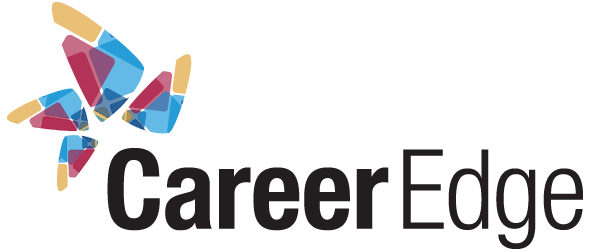August is almost upon us. That means more sunshine, long weekends and for many of us, vacation!
But before you hit the road, you’re well aware that there are a few key things you need to do first, to ensure that your vacation is truly relaxing and that you can leave the office with peace of mind.
#1 Make a list and check it twice
Make a list of all the things you need to do before you leave, and I cannot stress this enough – be realistic. The last thing you want is to be beating yourself up while on vacation because you didn’t get through your overly ambitious pre-vacation to-do list!
#2 Set boundaries and expectations
Unless you’re going on a top secret mission, let your team know where you’re going and what you’re planning to do. Being open will facilitate conversations about how accessible you’ll be.
For instance if it’s a “staycation,” (aka vacationing from home) you may be willing to participate in conference calls or even drop into the office occasionally. On the other hand, if you’re planning a camel-trek through the dessert, you may be off the grid where even a blackberry won’t help.
Set clear boundaries and expectations to define what your level of engagement will be with work while you’re gone. Part of this will be a function of where you’re going and what you’re doing, but also take your needs into consideration.
Some people prefer to stay engaged with work at some level, because it reduces the anxiety of the “unknown” waiting for their return. But most often, people need to disconnect altogether and take a real mental vacation from all things work-related. It’s healthy to take a proper break.
Whatever you decide, make sure you’re able to deliver on your promises – if you tell everyone you’ll be checking email often, you may want to ensure the resort you’re staying at has internet access!
#3 Delegate and communicate
To make sure you haven’t missed anything, make a list of all the tasks you do on a day-to-day basis. This could include any internal or external inquiries you handle or any unexpected fires you are called upon to put out. Think about who would be the right person to tackle each of these unique and important tasks. In some cases there will be an obvious choice but in some cases, you’ll want to consult with your team first.
People will often select one person as their point-of-contact in their absence. However this doesn’t necessarily mean that one person should shoulder all of your duties while you’re gone. That would be like inheriting a second job. Instead try to think of how you can divide things up amongst a team, whenever possible.
Make sure you have taken the time to communicate or meet with each person individually to ensure they have a good understanding of their responsibilities while you’re gone and that everyone knows who else on the team is handling which duties.
Finally, be sure your expectations are reasonable. Unless you have a clone, you need to be comfortable with the fact that many aspects of your job are simply going to have to be put on hold for a week or two.
#4 Leave your work station in a navigable state
Technically, we should be doing this every day, being mindful that at any point we may win the lottery and someone else will need to sit at your desk. But since that’s often not the case, take some time before you leave on vacation to organize your desk and virtual desk top in a way that is universally intuitive.
Not only will this make life easier for your teammates, but it will also reduce the chances that you’ll receive a phone call while on vacation from a desperate colleague who can’t locate critical pieces of information. This will just stress you out and take away from your vacation time.
#5 Set detailed auto-emails
Most people are pretty good about remembering to set out-of-office alerts for email. Often, this is a simple message saying “Hi, I’m on vacation and will be returning on such and such date…”
Short and sweet is always appreciated; however it doesn’t hurt to provide some additional details. Make sure your auto-reply covers off the following:
- When you left
- When you’re coming back
- Who to contact in your absence (and for which needs)
- Whether or not you have full, limited or no access to email/voicemail
If you’re like me, you’ll be in line at the airport when it hits you – oh no! I forgot to set my email to out-of-office!
In that case, set a reminder now on outlook or on your phone. Don’t forget voicemail too!


